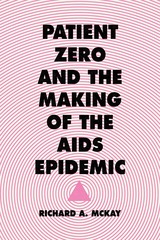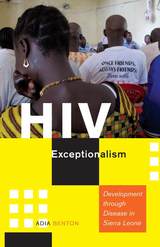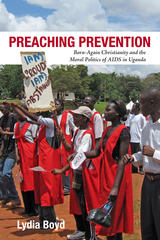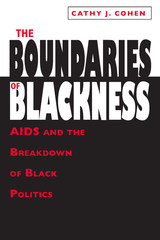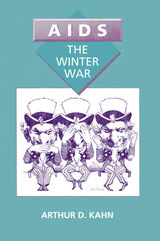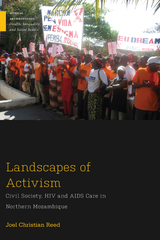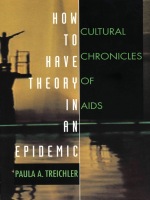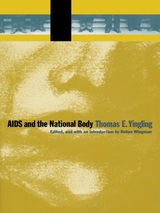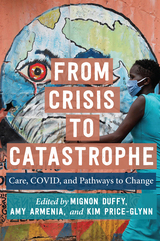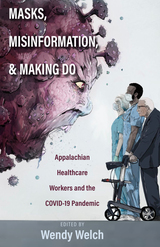Paper: 978-0-674-01271-4 | Cloth: 978-0-674-01270-7
Library of Congress Classification RA644.A25P36 1988
Dewey Decimal Classification 362.1969792
AIDS is unquestionably the most serious threat to public health in this century--yet how effective has the United States been in coping with this deadly disease? This sobering analysis of the first five years of the AIDS epidemic reveals the failure of traditional approaches in recognizing and managing this health emergency; it is an extremely unsettling probe into what makes the nation ill equipped to handle a crisis of the magnitude of the one that now confronts us.
Sandra Panem pays particular attention to the Public Health Service, within which the vast majority of biomedical research and public health services are organized, including the Centers for Disease Control and the National Institutes of Health. We learn in dismaying detail how shortcomings in communication within and among the many layers of the health establishment delayed management of the crisis.
She also investigates other problems that surface during a health emergency, involving issues such as federal budgeting, partisan politics, bureaucratic bungles, educating the public, the complications of policymaking, and the vexing role of the press. Panem makes specific recommendations for a centrally coordinated federal response to health emergencies, including the creation of a national health emergency plan.
See other books on: AIDS & HIV | AIDS (Disease) | Crisis | Health Care Delivery | Public Health
See other titles from Harvard University Press

